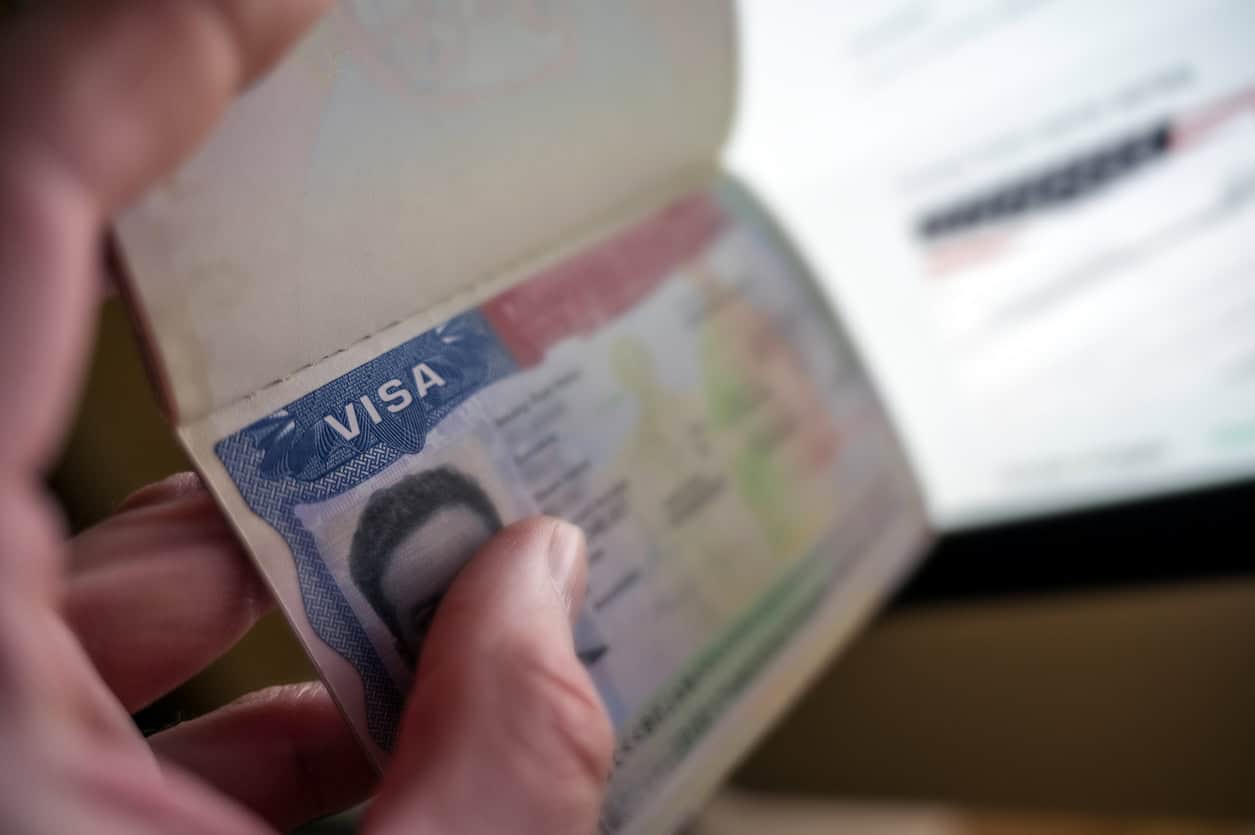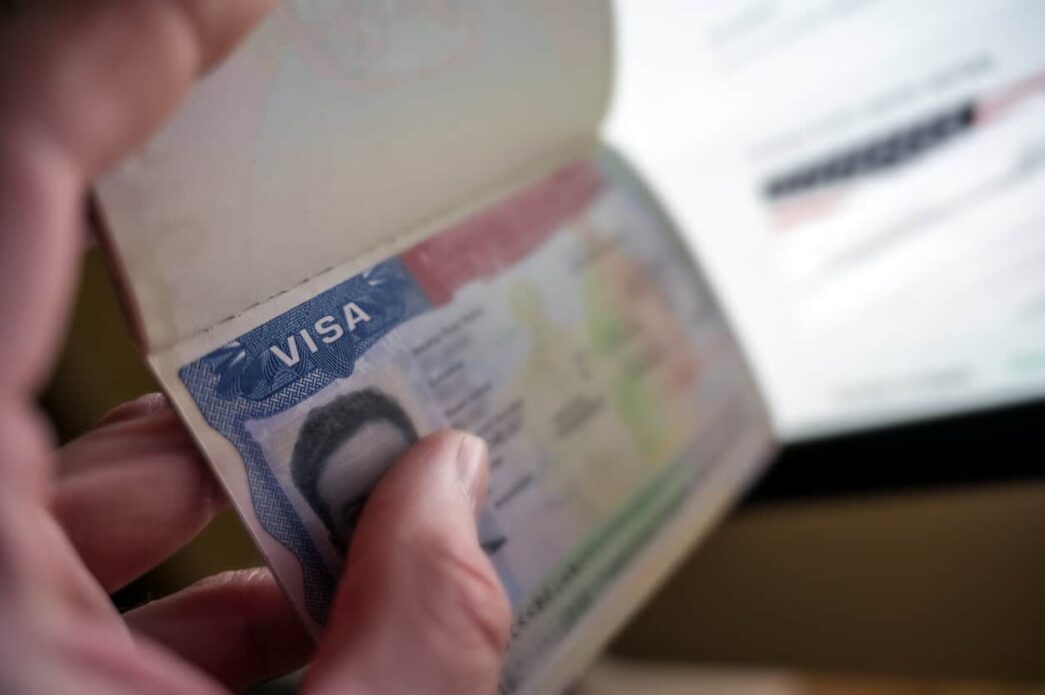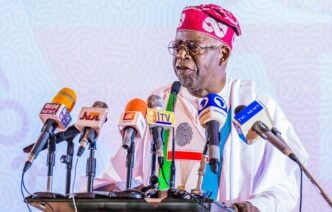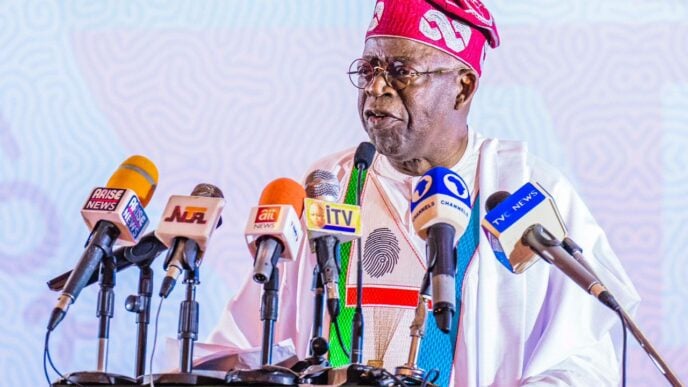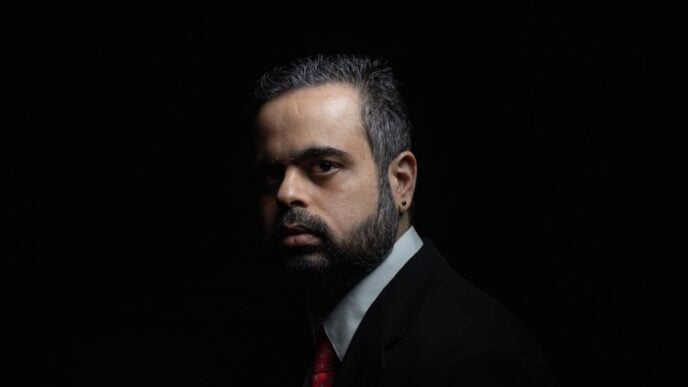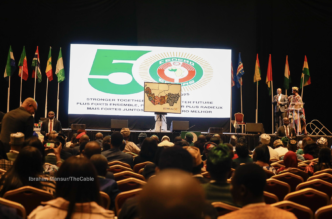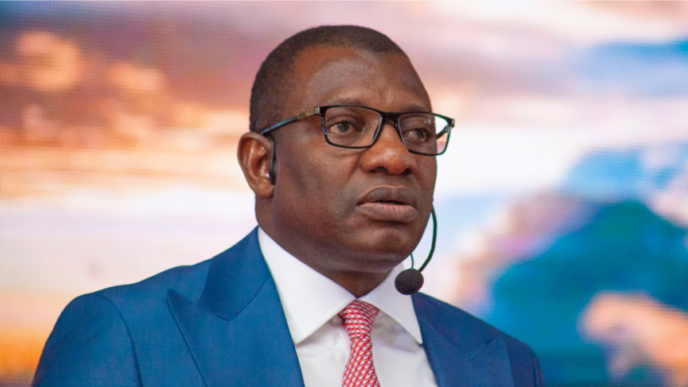BY HALO HASSAN SAEED
Imagine earning a scholarship to a world-class university, packing your bags, and preparing to begin a new life of discovery — only to be told your future is invalid because of the passport you carry.
This is the harsh reality faced by numerous Chinese students after the United States abruptly revoked their visas. But this incident is more than a diplomatic spat between two global giants. It is a warning to the world: in today’s fractured international climate, your passport may matter more than your potential.
What began as a targeted action against select Chinese students — under the banner of “national security”—has” exposed a deeper truth: the growing erosion of academic freedom and cross-border human exchange in a politically polarized world. The decision not only punishes students who followed every rule and earned their academic place through merit, but it also challenges a universal principle — that education should be a right, not a geopolitical weapon.
Advertisement
China has rightly condemned the move as discriminatory and politically motivated. But the consequences ripple far beyond Washington and Beijing. If a nation that long championed academic freedom can block educational access based not on behavior but on birthplace, what message does this send to students from Africa, the Middle East, Latin America, and beyond?
This is not merely a policy issue — it is a philosophical and ethical crisis. When visas are weaponized and borders become ideological walls, education shifts from a shared human aspiration to a privilege reserved for a few. Nationality replaces talent. Dreams are judged not by merit, but by flags.
According to the Institute of International Education, Chinese students accounted for nearly one-third of all international students in the U.S. Many have contributed to groundbreaking research in science, technology, and medicine. Their exclusion isn’t a security gain—it’s an intellectual hemorrhage.
Advertisement
The United States, once a beacon of academic freedom and international exchange, is at risk of losing that legacy. By treating foreign students as threats rather than scholars, it is shutting doors to dialogue, understanding, and the very soft power that once defined its global influence.
More broadly, this is a missed opportunity. At a time when the world faces shared challenges — from climate change to pandemics — the U.S. should be building bridges through education, not deepening divides through fear.
If today’s students are turned away because of where they’re from, what kind of world are we creating for tomorrow?
The revocation of Chinese student visas is not just a Chinese issue — it is a global issue. And silence now would be complicity in a future where walls replace windows and fear replaces freedom.
Advertisement
Silence is no longer neutrality — it is surrender. We must stand together to protect education from the grip of politics before walls close in on all of us.
Halo Hassan Saeed is a writer and journalist, a member of the International Union of Journalists.
Views expressed by contributors are strictly personal and not of TheCable.
